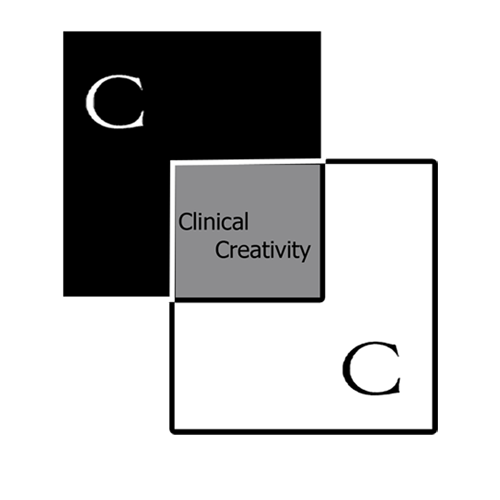Do you ever prescribe an App?
What's the price point for medical software?
It's a serious question. The rise of the smartphone signifies a new age in medicine, the personal information age. Granted genomics and pharmacogenomics will change the face of medicine forever, but the world of personal portable tech means that as producers and consumers of information that change is happening now.
As a GP I will shortly be asked to advise or recommend apps, devices, and software which will make the quantified self agenda a reality in practice.
Granted most of those apps will be self purchases, £0.79 thrown away or invested dependant on the success of the outcome.
In medicine today patient focused software is the province of smaller providers, new entrants to health and care. These providers are the best hope at producing a disruptive solution to the challenge of personal portable health care.
Currently they have a model based on selling an app. This is empowering to the user, it's a familiar model, non threatening, non committal.
Most NHS organisations have a service model so if they offer a personal, portable solution it's likely they will offer an ongoing service cost model.
This isn't going to be a model that individuals will pay, we are used to non commitment to apps, we can use and delete as we like.
Will we pay £25 a month for a mental health app that's as good as £25 of Prozac?
It's unlikely that users of the NHS, who pay nothing or a capped £8+ amount will go for a service cost model.
Commissioners may consider it as good value, but the population is likely to baulk at the price.
If commissioners bulk purchase and then " prescribe" apps we are likely to see a huge challenge of compliance.
So, do I have a solution?
Perhaps, here's my suggestion.
Users are used to app purchases, lite versions, in app purchases.
They are used to choosing "their" app, engendering ownership.
Developers and companies bear the cost of running and developing these apps.
The NHS needs to recognise the current model, offer familiar opportunities, both purchase and prescription, to end users or patients.
Cost models for this virtual medication need to be broadly similar to existing pharmacological solutions.
Prescribing models too need to be similarly understood by patient and provider; personal choice, efficacy, concordance and cost benefit are studied and researched for drugs.
Technopharmacology or Technotheraputics now needs to move rapidly from philosophy to reality if we are to avoid electro snake oil, that would be really, really expensive.
